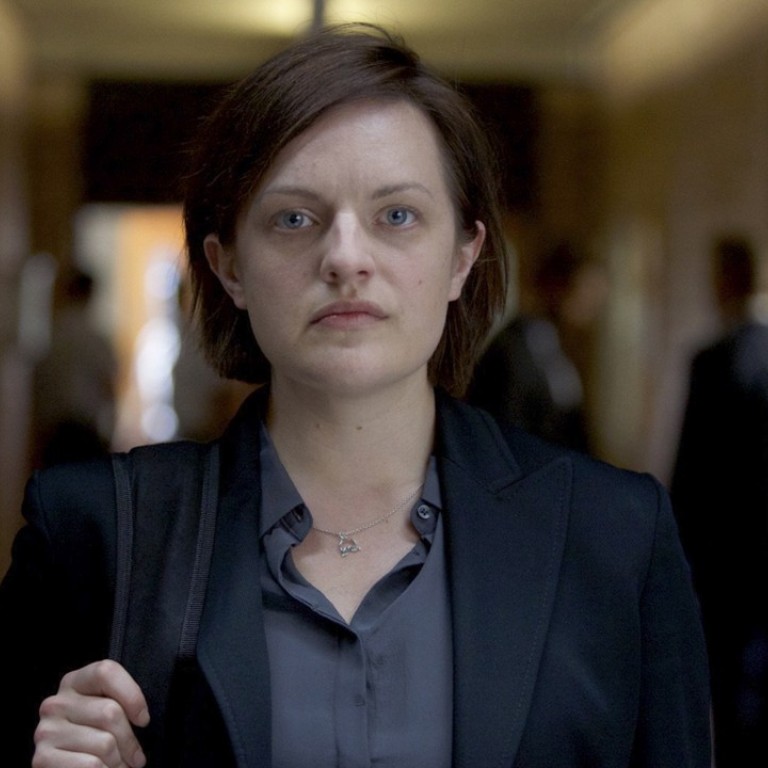
Top of the Lake sequel China Girl, with Elizabeth Moss and Nicole Kidman, is even darker than first series
Co-writers Jane Campion and Gerard Lee, together with actresses Elisabeth Moss, Nicole Kidman and Gwendoline Christie, reveal what it took to produce follow-up series – starting this week on Now TV – that was never intended
When Jane Campion’s masterful New Zealand-set series Top of the Lake was broadcast worldwide in 2013, it was only ever meant to be a one-off.
Following the story of Sydney detective Robin Griffin (Elisabeth Moss) as she investigates the disappearance of a 12-year-old girl in the remote town of Laketop, the seven-episode television drama concluded decisively. But then came multiple Emmy nominations, plus a Golden Globe win for Moss, and thoughts of a second series started to bloom. “We were encouraged by the response from the audience,” Campion says.
Why Luc Besson was born to direct epic space opera Valerian
It helped that the commissioning editors had given her such freedom for those seven episodes – surprising, seeing as it was her first television series, following a film career that included acclaimed works such as The Piano and Bright Star.
“They were very radical,” she says. “With film, they’re all so anxious all the time; what’s the audience going to think of this? They test it, they worry about it. Whereas in television, they really just say to me, ‘Jane, just do what you want. We want your story, how you want to do it.’ The only thing they worry about is profanity.”
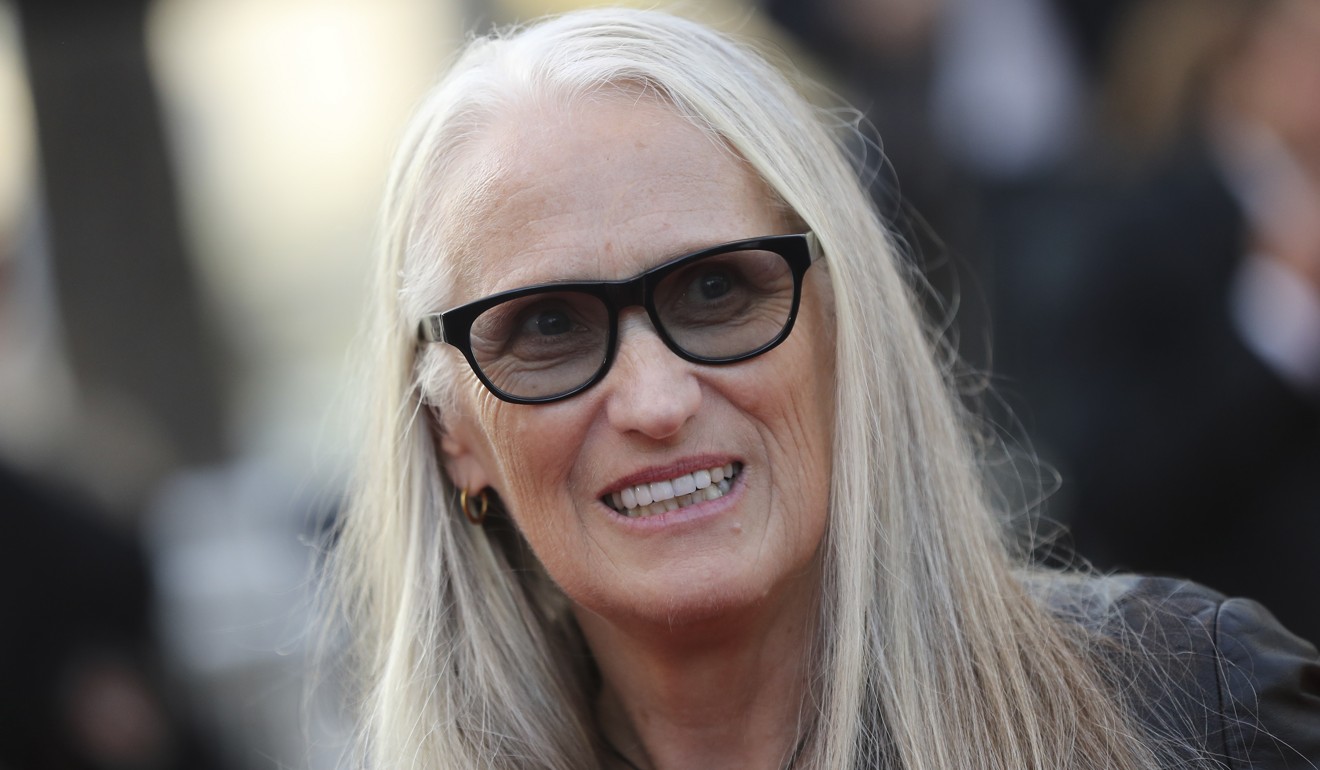
Co-writer Gerard Lee, who had previously worked with Campion on her 1989 film Sweetie, admits he was “surprised that we were able to do it again”. But the pair got to work, with the first task to ensure Moss was on board for playing the emotionally fragile Robin again.
Moss remembers the conversation: “Jane said, ‘If I do it, you have to do it. I’m not going to write this if you’re not going to do it. So will you do it?’”
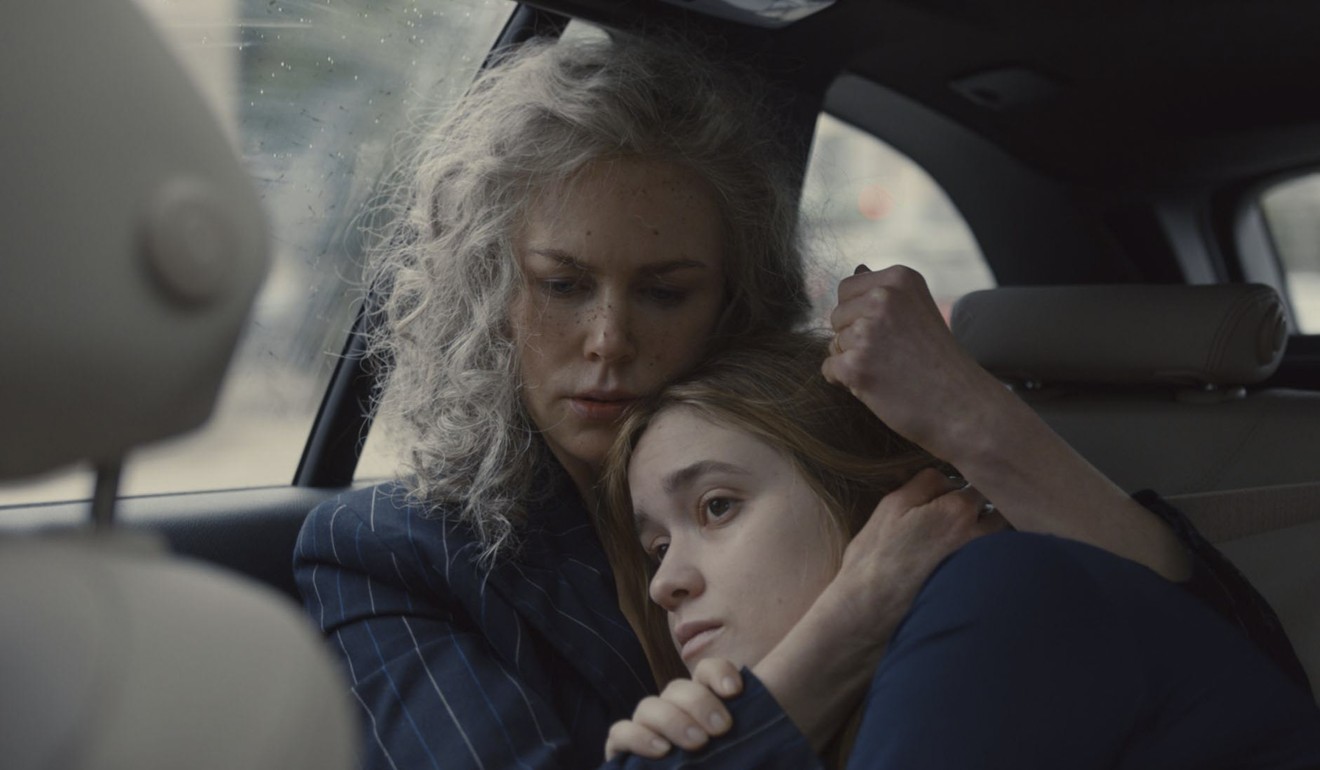
Moss, most well known for her role as Peggy in Mad Men, agreed, but on one condition. “I said, ‘Let’s just make sure it’s darker, more f***ed-up and challenging than the first one!’ What’s the point of doing another one if you can’t go somewhere else [and] be more challenged by it?”
Moss was doubtlessly delighted when she eventually read the scripts. Set four years on from the original, Top of the Lake: China Girl sees Griffin back in Sydney, single and suffering.
“We wrote her to be in a very dark place,” Campion says. “I don’t think that’s an unfamiliar place for any woman or any person to be, at a time like that in their life, where they don’t know how to get out of a trough. And to start with her there, and try to see her claw back a life, for me was an interesting beginning. A dark beginning. Perhaps a difficult beginning. Apparently, what they do normally [on television] is start them up a bit better, then they drop them down.”
In particular, Griffin has to decide whether she wants to seek out her daughter, who was given up as a baby after Griffin was gang-raped as a teenager. “She’s not even sure if she wants to [meet her] – it’s very complicated,” Moss says.

When they do meet, her daughter, Mary (played by Campion’s real daughter, Alice Englert) turns out to be a rebellious adolescent dating the much-older Puss (David Dencik) – an unsettling character who, it transpires, is embroiled in the case Griffin is assigned to. The case involves the investigation of the murder of an Asian call girl, whose body washes up on Bondi Beach after being dumped in the ocean in a suitcase.
I think Jane has a great way of undressing men, emotionally, and showing the most vulnerable and unflattering things about them
With New South Wales’ very liberal legislation on prostitution, Campion was able to explore the local sex industry with few restrictions. She and Ariel Kleiman, her young co-director on the show, even visited a brothel in Sydney, where they talked to one sex worker about her journey from Thailand to Sydney.
Campion believes sexual tourism in Australia is a subject that needs to be put under the spotlight. “I feel it’s so exploitative of people who don’t have the choices that we have.”
In China Girl, men don’t come across well – from the shadowy Puss and sexist police officers to the repugnant group of young males who sit around a cafe with their laptops surfing profiles of available hookers.
“I think Jane has a great way of undressing men, emotionally, and showing the most vulnerable and unflattering things about them,” Moss says. “She has a particular gift for it. In [China Girl], given the nature of the crime, we’re focusing on a specific group of men – obviously it doesn’t represent all men – that are indulging in a creepier side of their make-up. So, yeah, we do have a lot of creeps [in the show], for sure.”
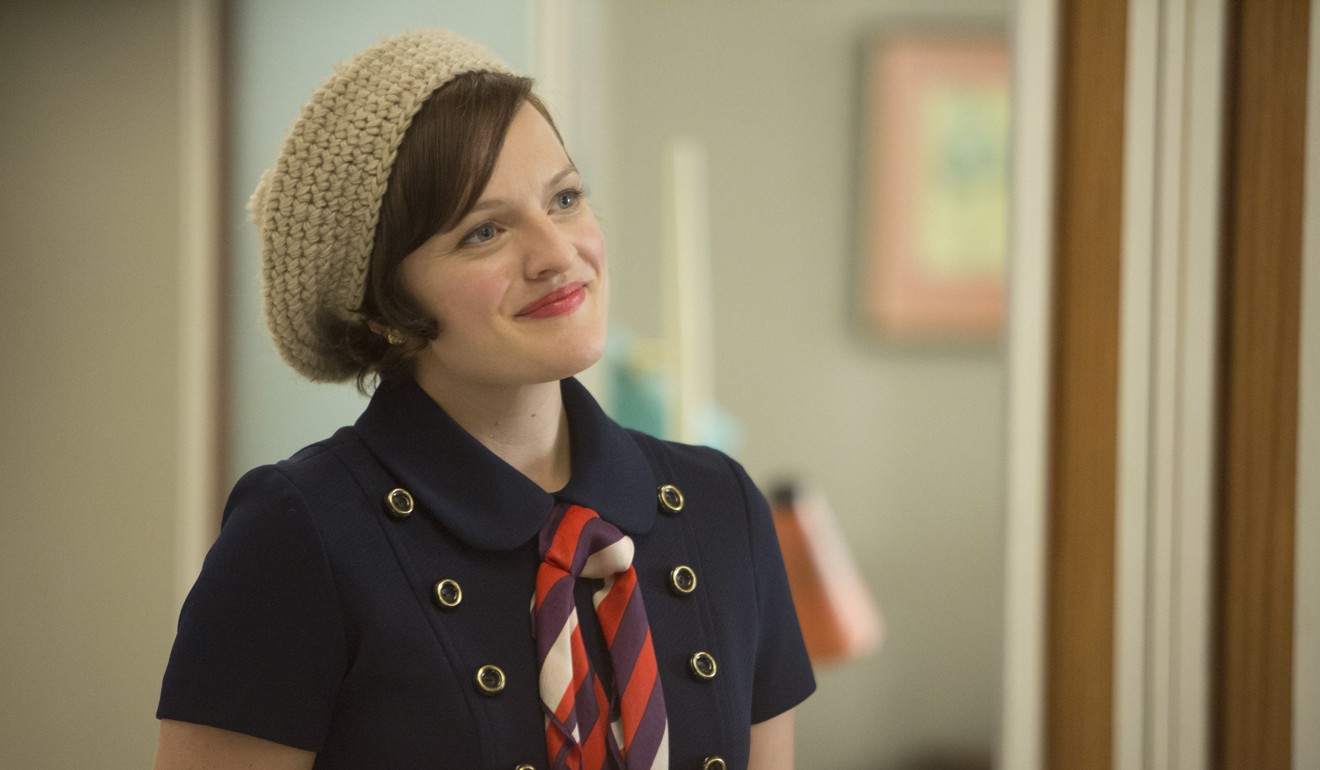
Joining Griffin in the investigation is Miranda (Game of Thrones’ Gwendoline Christie), a local police officer on the Sydney force who follows Griffin around like an eager puppy.
“She’s an enormous fan of Robin and can’t hide her absolute love and enthusiasm for her, which slowly and painfully disintegrates,” Christie says. Like Griffin, Miranda is an unsettled character. “She’s struggling with life. And not being very good at life, actually. And not really being very good at anything at all.”
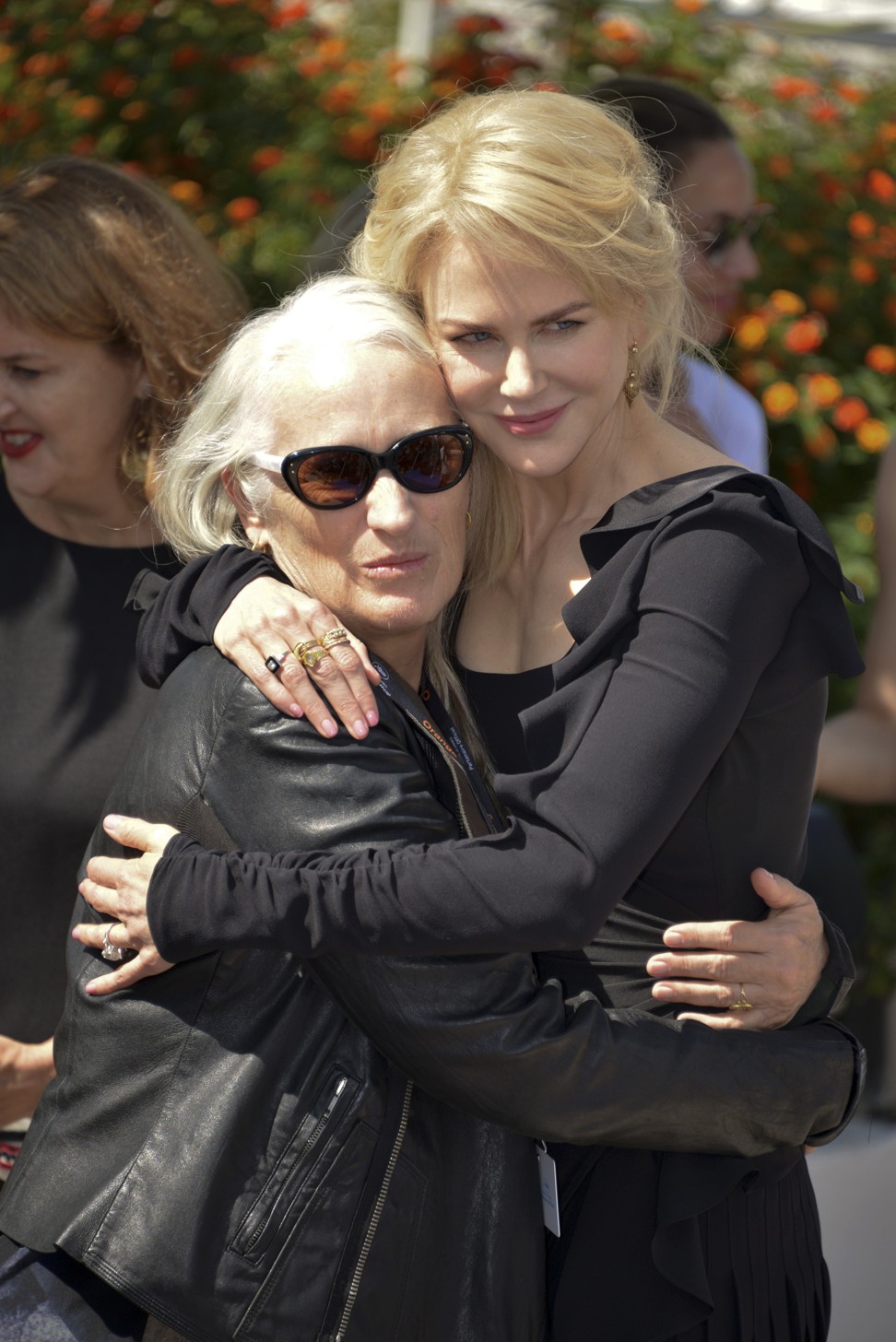
Christie aside, one of the show’s biggest coups is casting Nicole Kidman, Campion’s long-time friend and collaborator (starting with The Portrait of a Lady in 1996).
“Jane, I’ve known since I was 14,” Kidman says. “Our friendship is really strong. A couple of years ago, we were at dinner, and she said, ‘I’m writing a role for you now and you have to say yes!’ I’m like, ‘OK!’ And then she wrote me a supporting role.
“Jane is like home. I’ve known her my whole life. I can say anything, be anything, do anything with her.”
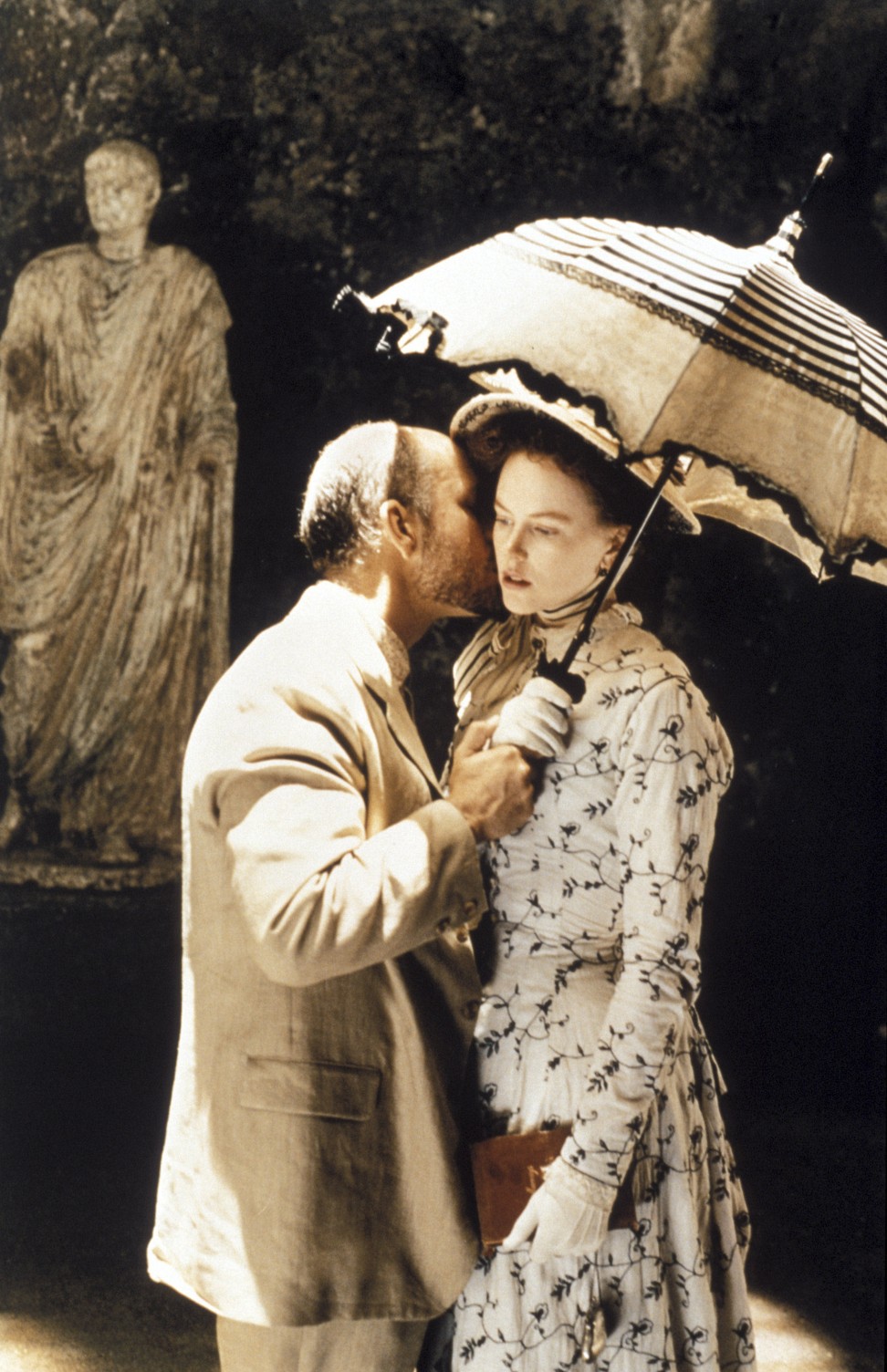
In China Girl, Kidman plays Julia, Mary’s frosty academic stepmother, who has left her husband for another woman. Here, the usually elegant redhead – who has just turned 50 – is styled with greying and frizzy hair.
Campion remembers saying to the actress: “I want to create a look for you with Julia, where you’re almost unrecognisable.” Kidman loved the idea. She says: “I think it’s very liberating for an actor – to not have to be that screen goddess. That’s very diminishing and boring.”
Atomic Blonde’s Charlize Theron on a mission to defy gender norms
Kidman’s transformation is just one of the pleasures of Top of the Lake: China Girl, a series that assuredly carries on the feeling of the original. “It’s the same tone re-explored in a different environment,” Campion says. “I think as artists, if you have anything to give, or you have a unique quality, you maybe develop it over time, and Gerard and I, this is our thing.
“We can create that tone – it comes to us, and we know how to maintain it and love our characters through it. For people that get it, it feels rare.”
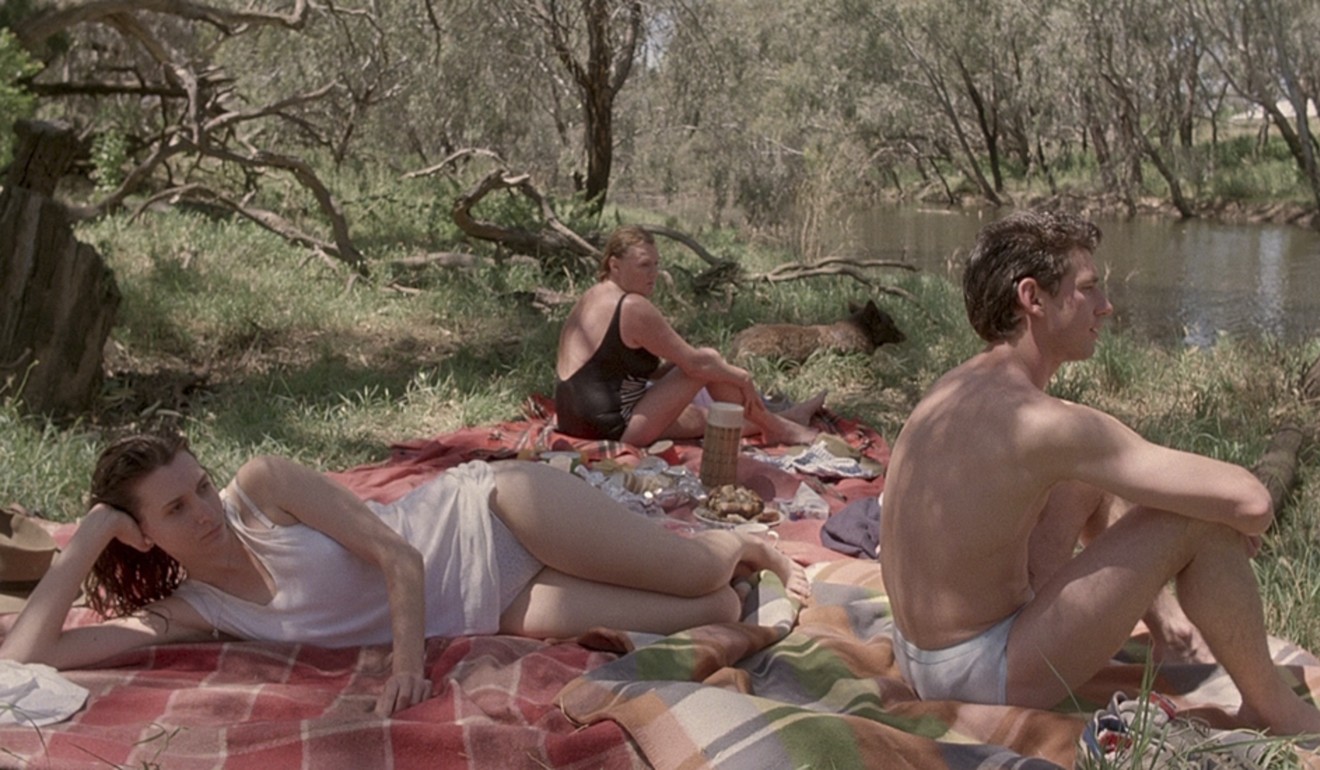
Following China Girl’s hugely successful debut in Cannes – at which all six episodes were shown back-to-back, a first for the film festival – there will surely be calls for a third series.
“We don’t like the idea of milking it, just to make money,” Lee says. “It’s not respectful to the audience.”
Game of Thrones creators map out new series, Confederate
But never say never, right? “I try not to think about it,” Campion says, smiling coyly.
Top of the Lake: China Girl is available on BBC First, Now TV, from July 28

 (1).JPG?itok=0BHk6odg&v=1665981271)